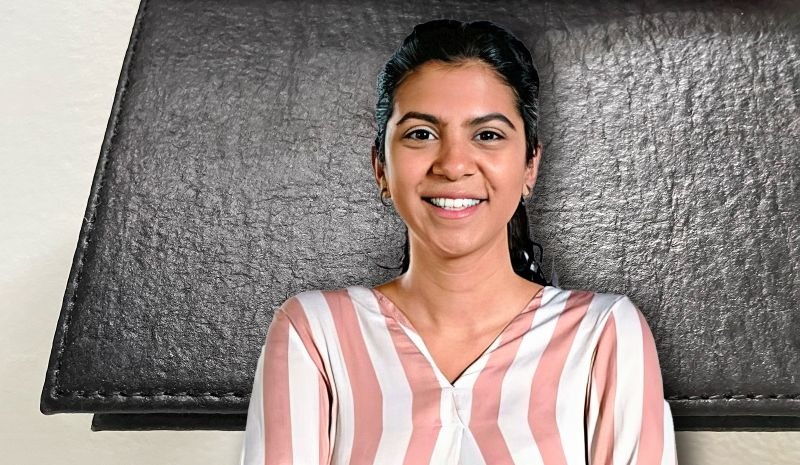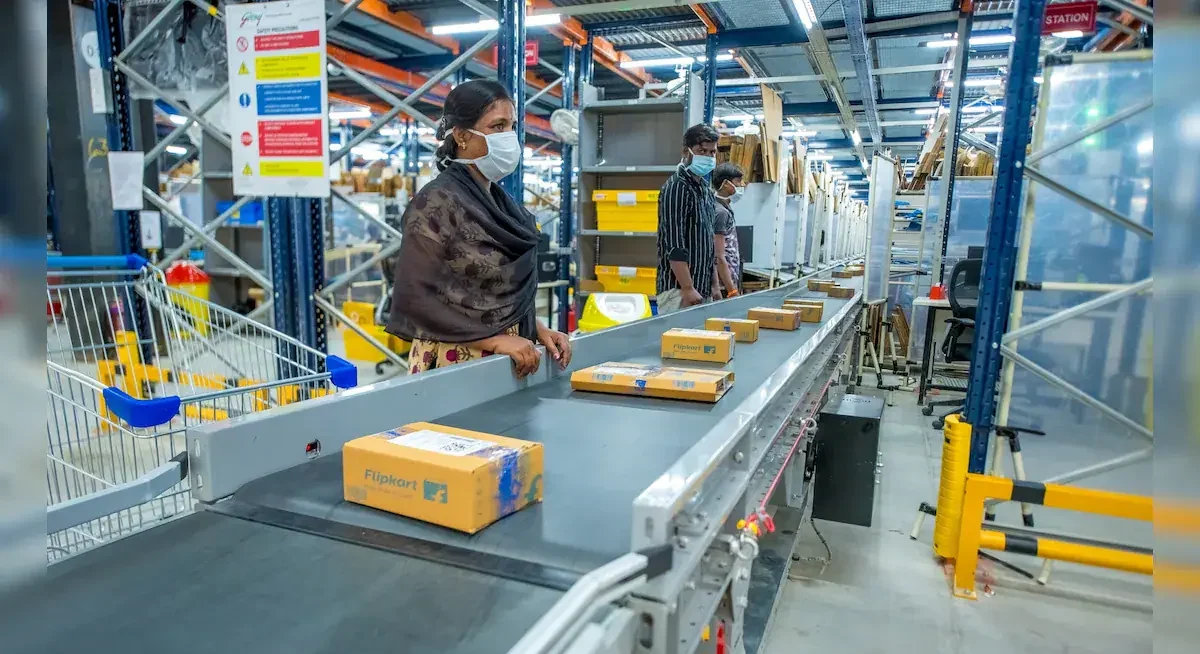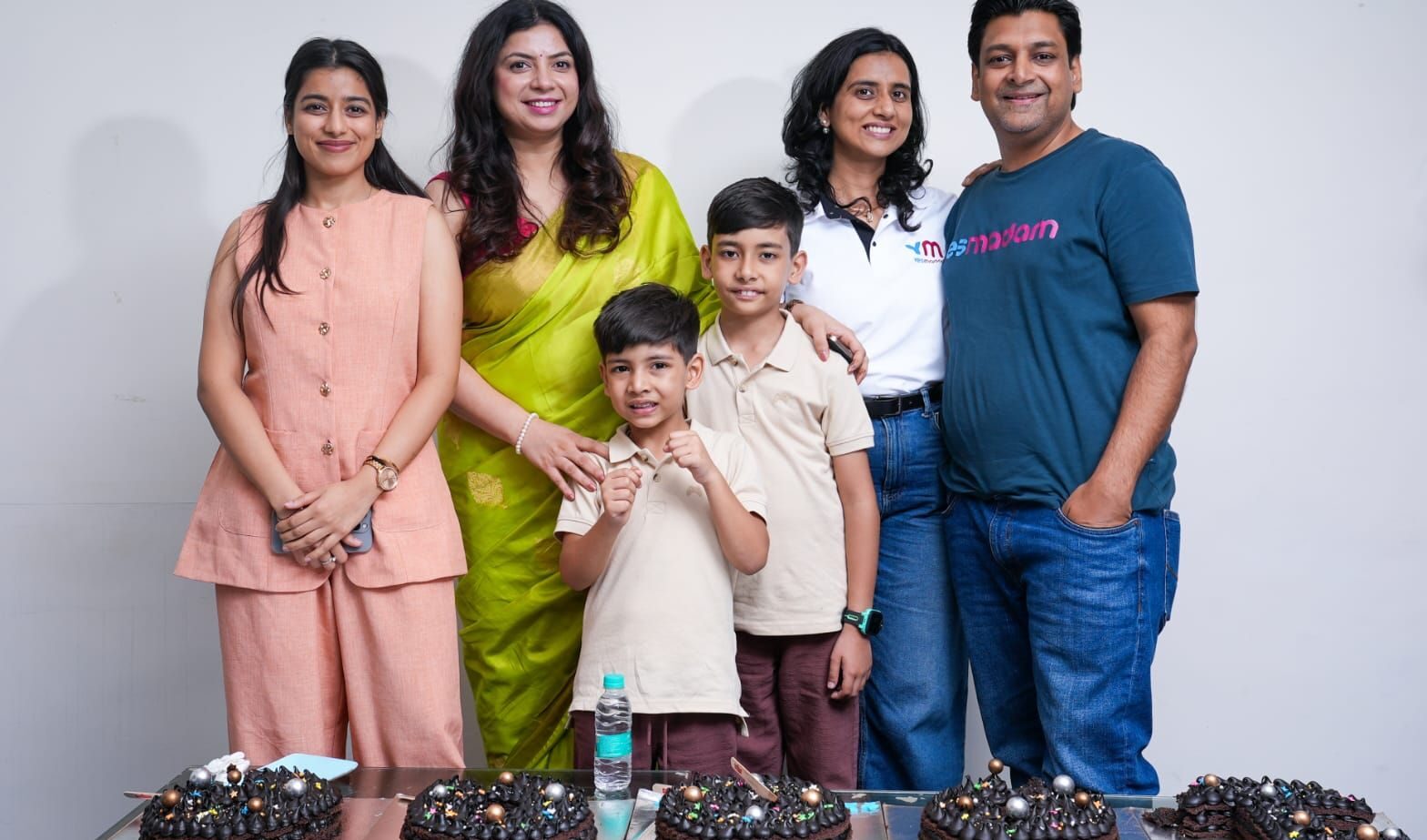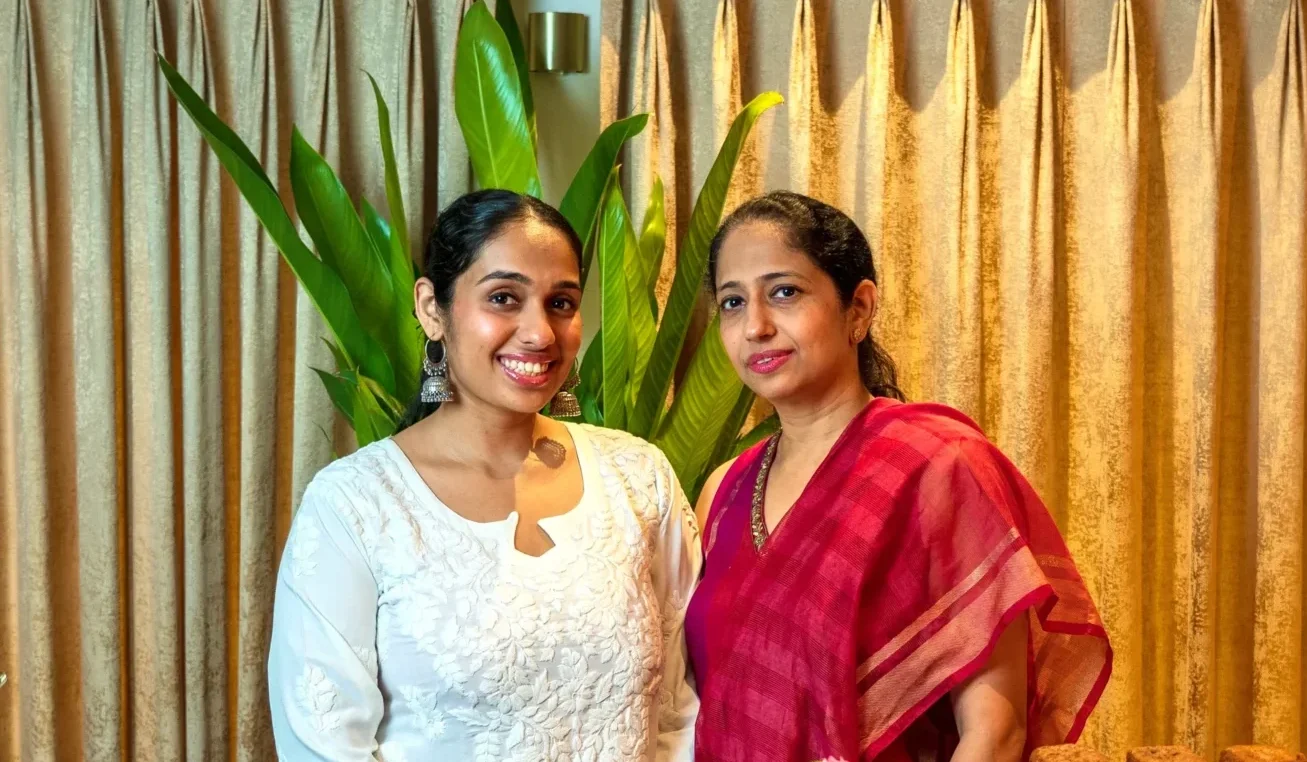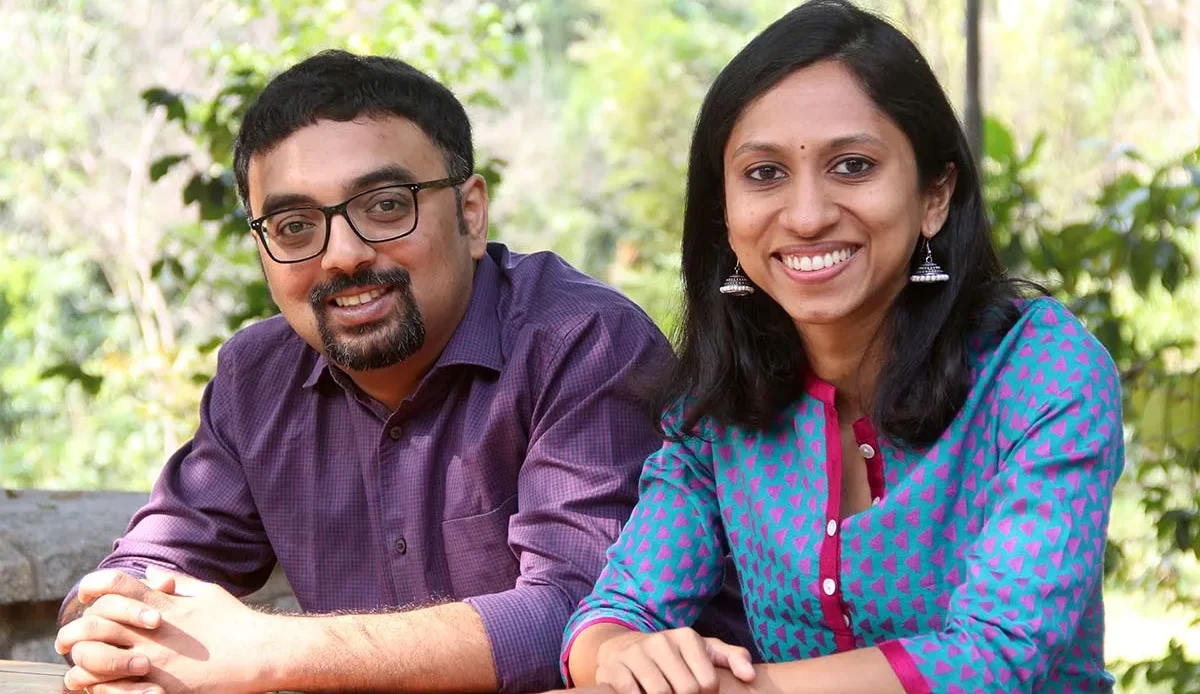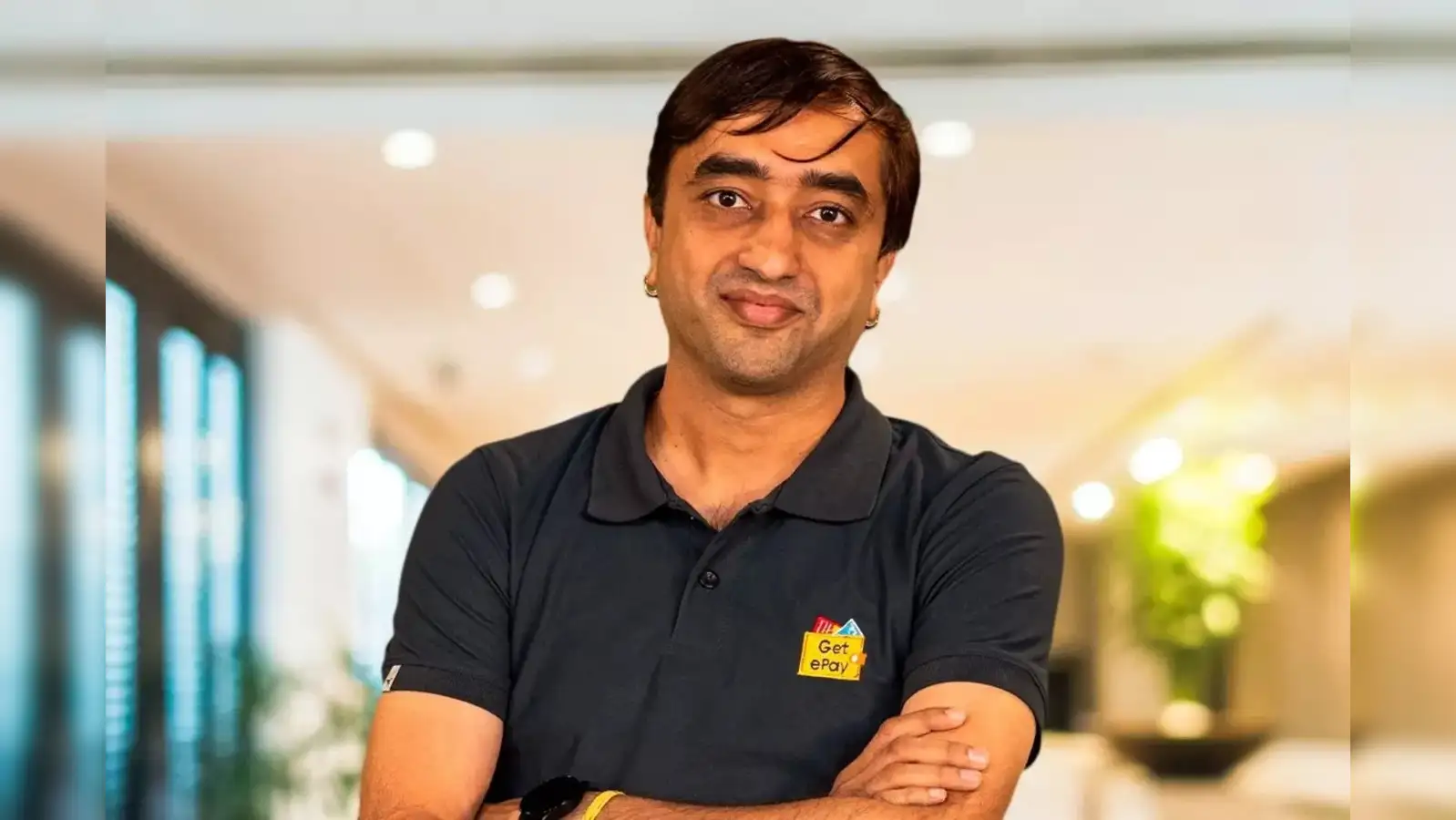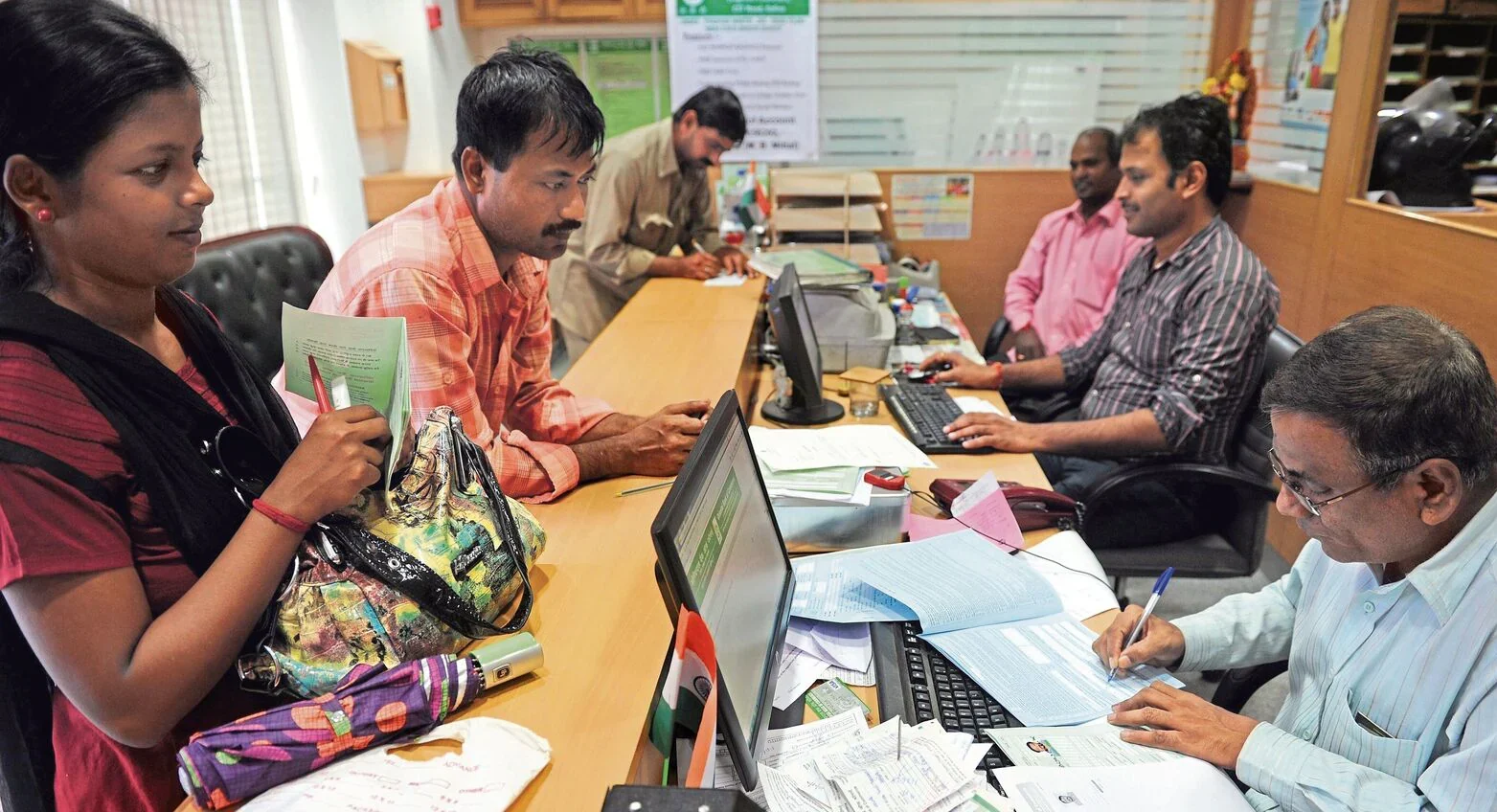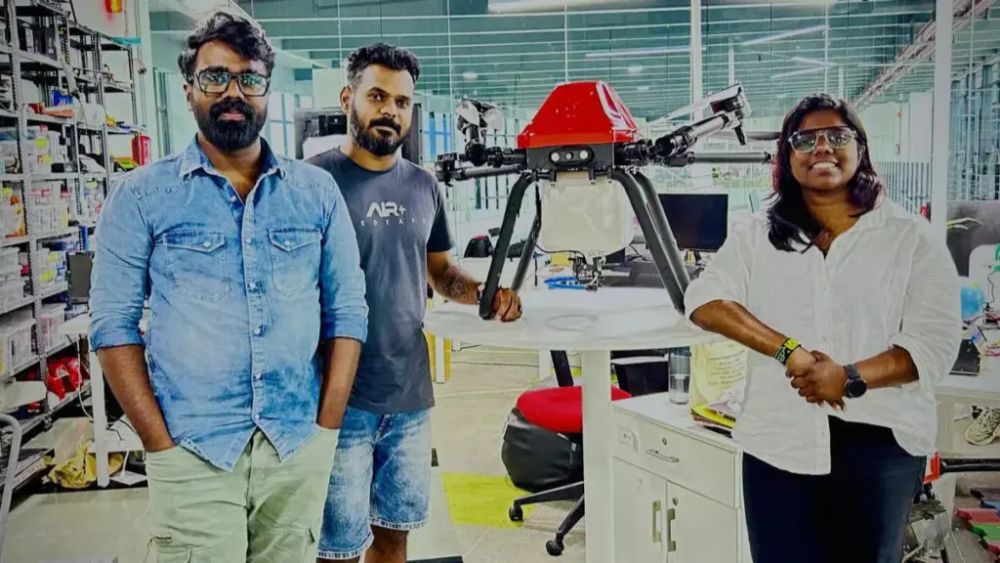Banofi Leather is an innovative company that has emerged aims at sustainable fashion by producing plant-based leather alternatives derived from banana crop waste. This company was founded by Jinali Modi in 2022 . The aim of this company is to upcycle the banana waste and also provide viable economic solution for local farmers.
About the founder

Originating from India, a prominent leather hub, Jinali Mody became acutely aware of the detrimental effects of leather production, which is resource-intensive and highly polluting. Recognising that many vegan leathers are essentially plastics derived from petrochemical sources, Jinali was inspired to seek more sustainable options.
Armed with a Master’s Degree in Sustainability from the Yale School of Environment and valuable experience from her tenure at McKinsey & Co., Jinali launched Banofi Leather. She assembled a diverse team of experts in leather, textiles, design, agriculture, and material science to revolutionize the industry.
Under her leadership, Banofi Leather focuses on upcycling banana crop waste—an abundant resource in India—into a new-age plant-based leather. This innovative material not only significantly reduces water usage and carbon emissions compared to traditional leather but also provides farmers with additional income.
Jinali’s commitment to sustainability has garnered recognition, including the prestigious $1 million Hult Prize in 2023 and the Best Vegan Leather Award from PETA India. Her journey exemplifies a harmonious blend of business acumen and environmental consciousness, making her a leading figure in the movement towards sustainable fashion.
But why Banana Waste?
India is the world’s leading producer of bananas, generating approximately 30 million tonnes annually. This substantial output results in an estimated 120 million tonnes of agricultural waste, primarily composed of banana biomass, which includes stems, leaves, and peels. After harvesting, it is reported that nearly 60% of the banana biomass remains as waste, creating significant environmental challenges and disposal issues for farmers.
Also, one traditional leather bag requires 10000 litres of water to make! Even some vegan leather that claims to be sustainable are made from plastics like PU and PVC.
Jinali started Banofi to address the excessive carbon emissions, immense water usage, and the production of toxic waste as a byproduct of the tanning process by the leather industry and escalating crop waste in India.

The process : From Waste to Gold
Banofi has widespread applications across fashion, furniture, automotives and packaging industries.
Their proprietary material, Ban-o-Fi (Banana Fibre Leather), significantly reduces environmental impact compared to both animal and plastic leather. But how do they even make it happen?
- Sourcing Raw Material: We begin by sourcing banana crop waste directly from farmers who would otherwise discard it.
- Fiber Extraction: From this waste, we extract fibers that serve as our primary raw material.
- Material Composition: The extracted fibers are combined with a blend of natural gums and adhesives, and finished with layers of colors and coatings.
- Fabric Backing: This material is then coated onto a fabric backing, resulting in a durable and robust product that is 80-90% bio-based.
Banofi’s Contribution to the Community
Along side addressing sustainability and environmental concerns, Banofi is also giving back to the farmers.
They claim to source banana crop waste solely from smallholder farmers, where this waste is not utilised. By providing farmers with additional income for their crop waste, Banofi also claims to disincentivising crop burning practices and boosting household incomes by 30%. Women are core to the work done at Banofi with 60% of the team being women.
ALSO READ: Cambium Carbon: Sustainable Wood for Climate Change









